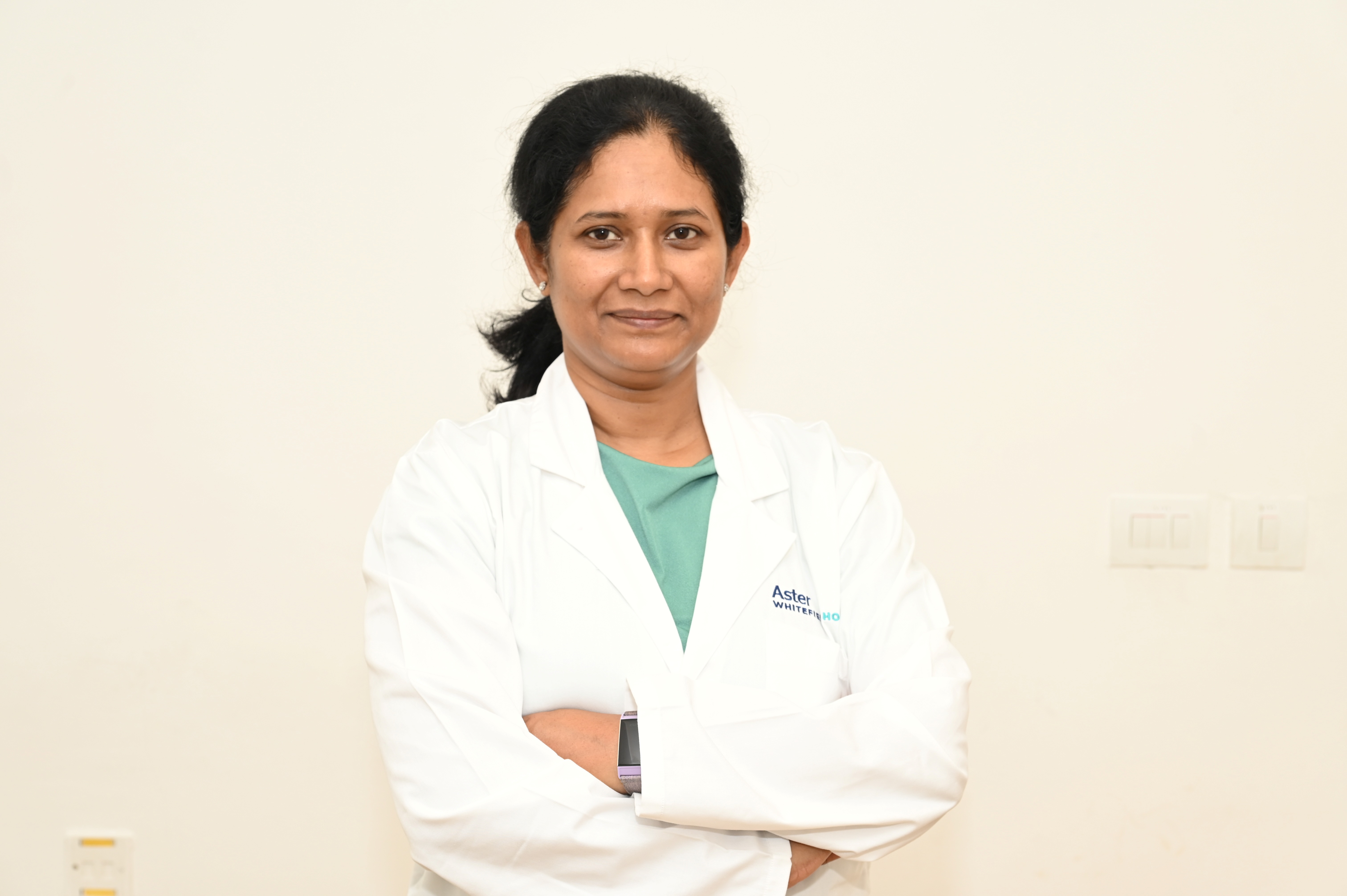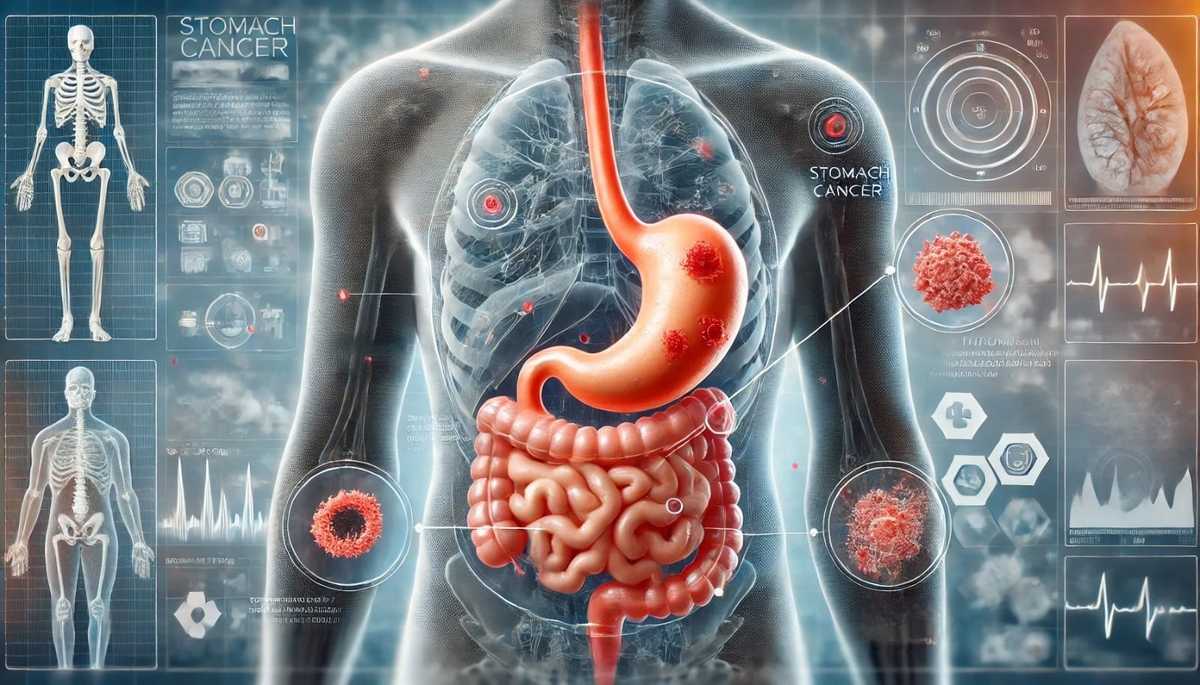Childhood obesity is increasing rapidly in India. Often overweight children grow up into obese adults. They are also at higher risk of developing high blood pressure, high cholesterol, and sugar even at a young age. To prevent this condition, we all should cultivate healthy eating habits in our children.
A balanced diet full of nutrition is very much essential for the healthy growth and development of children. A balanced plate may include brown rice, wholemeal bread, fruits & vegetables, meat, and others. Ensure that your child is eating a balanced diet in the right portion. Make sure to give them enough water, use healthier oil, and include physical activity in their daily routine. Offer your child snacks that are low in fat, sugar, and salt. Opt for healthier choices like fruits, yogurt, toasted bread, wholemeal biscuits, sandwiches of green leafy vegetables, sliced fish. Encourage your child to choose a healthier option when eating out at restaurants and fast-food center High-calorie snacks – chocolate muffins, chocolate cookies, and ice-cream cones are high-calorie snacks and should be taken only 1 to 2 times a week. Limit fried foods like fries, burgers, pizza to once a month. Too much sugar is unhealthy – Limit your child’s carbonated, aerated drinks to 1 or 2 cups a week and encourage them to choose a drink with a healthier quotient. ½ liter carbonated drink contains 11 teaspoons of sugar. One canned drink of 300 ml contains 6 teaspoons of sugar. Encourage your child to choose water over any form of sweetened juices. Offer 3 to 5 cups of water every day to your child. While eating out, encourage your child to choose water over sweetened drinks. Add sliced apple, pear, grapes, mint leaf, cucumber to make water more fun and flavorful. Ensure your child is physically active for at least 3 hours spread throughout the day. Engaging your child in various forms of physical activities such as cycling, swimming, running, etc. will also help to maintain a healthy weight. Limit your child’s screen time (TV, Mobile phones) to less than 2 hours each day.Disclaimer: The content on this site is for informational purposes only, and should not be taken as professional medical advice. Always seek the guidance of your doctor or other health professionals for any questions you may have regarding your health or a medical condition.

 Obese children are more likely to develop hypertension, diabetes, and cholesterol in later years of life. Find out how you can help your child prevent these conditions by adopting healthier lifestyle habits
Obese children are more likely to develop hypertension, diabetes, and cholesterol in later years of life. Find out how you can help your child prevent these conditions by adopting healthier lifestyle habits










.jpeg)




.jpg)




.jpg)









